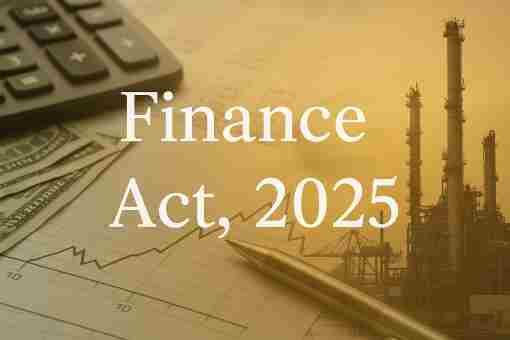Karachi, June 29, 2025 – In a groundbreaking development, the government has tightened the noose around non-compliant taxpayers with the introduction of Section 14AD through the Finance Act, 2025, effectively linking property transactions with sales tax registration. Under the newly introduced section of the Sales Tax Act, 1990, any person who fails to obtain registration within a stipulated timeframe will be barred from transferring immovable property.
This new legislation is part of the Federal Board of Revenue’s (FBR) broader crackdown on tax evasion. According to Section 14AD, if a person fails to secure registration within 15 days after being served an order under Section 14AC, the Chief Commissioner will form a committee. This committee will include the Chief Commissioner, a relevant Commissioner, and a member nominated from the Chamber of Commerce or a recognized Trade Association.
The committee will issue an official notice to the unregistered individual, which will also be prominently displayed at their business premises. After allowing a personal hearing, the committee may recommend either lifting any previous restrictions or imposing a ban on the transfer of immovable property unless registration is completed within another 15 days.
If the individual continues to ignore the directive, the Commissioner will formally instruct property registration authorities to enforce the bar. This means the person will be legally prohibited from executing any property transaction, sale, or transfer until they comply with the registration requirement.
Once the person obtains sales tax registration, the Commissioner is bound to issue a clearance order within two working days to lift the property ban. Meanwhile, any aggrieved party can challenge the decision by filing an appeal within 30 days before the Chief Commissioner Inland Revenue, who must not be a member of the original committee.
This latest measure reflects the government’s aggressive stance on tax enforcement. The message is loud and clear: No registration, no property rights. With this move, the state aims to expand the tax base, enforce documentation, and block unregistered entities from operating under the radar through property ownership and transactions.
